Hanes by Sophie McKeand, Review #29
-Reviewed by Claire Trévien-
The first thing to note about Hanes is that it has a beautifully tactile cover, made out of 100% recycled cairn board, and printed on a Heidelberg Platen 1976 letterpress. The cover’s main design of concentric circles reminds me of a cut trunk’s growth rings. If I do have a quibble, it’s that the font picked for the poems is incredibly small, a decision made, I assume, to keep longer poems on the same page. I have good eyes but my test subject (my mum!) struggled to read the poems with her specs on, so that might be worth considering in future.
In her blog about the making of Hanes, Sophie McKeand tells us that the title, ‘is a Cymraeg word meaning both history and story’, making the cover design feel apt indeed, with the focus of a story and the imperfections of history. Incidentally, in French and Breton we also have one word that covers both meanings, histoire and istor, which isn’t too surprising considering the habit we all have of imposing narratives on the past.
The title poem grapples with these concepts through the language of felting, disrupting ruminations through a variety of techniques. Words have their letters wrenched apart, spaces and hyphens are inserted, knitting instructions work their way in (‘k2 sl1 k1 psso’). Yet, while these might all sound quite alienating, the result is still lyrical:
see this strand
this crimson thread is when/where
the magic/the madness begins
I stuff crocheted butterflies into pockets
fairtraded imagos poke holes
this diapause dissolves us
and I am foolish and weak and cannot dream
I fairisle tears
and think there must be something in the memory
unraveling
I grasp at old yarns
and hOwl at photographs
The poem sidesteps easy conclusions on the nature of personal history-making; memories, stories, instructions and feelings are collectively brought back to create a real pot pourri.
Some of the poems in Hanes come with a glossary, others not. I struggled with the poems ‘pobl coedwig’ and ‘climate change/portmanteau’ for instance, which contain unstranslated sections. Somehow I did not mind this so much in the poem ‘psycholingualgeography’, whose expansiveness swept me happily away. This six-pages long poem returns very clearly to the theme of the pamphlet too:
there are ghosts here
regardless of what is written
know that there are ghosts here|flagstone|words|build|
|logical|formats|and|towerblocks|and|novels|
|Babel|the|flagship|enterprise|destroyed by a myth
scattered remains
and t o n g u e s
(lick clean old wounds)
re-open, re-group & re-build
history tells us
we will be re-scattered
(learn from it)dan ni ddim yn dysgu
she speaks in tongues
dwi ddim yn gwbod
This December, I have given myself the task of reviewing one pamphlet a day to raise money for next year’s Saboteur Awards. You can help by donating, or sharing the link using the hashtag #pamphletparty. I have given myself the aim of writing at least 300 words for each, a lower word-count than the usual reviews on Sabotage, in the hopes of making it more manageable! Here’s a link to the previously published reviews in this project!

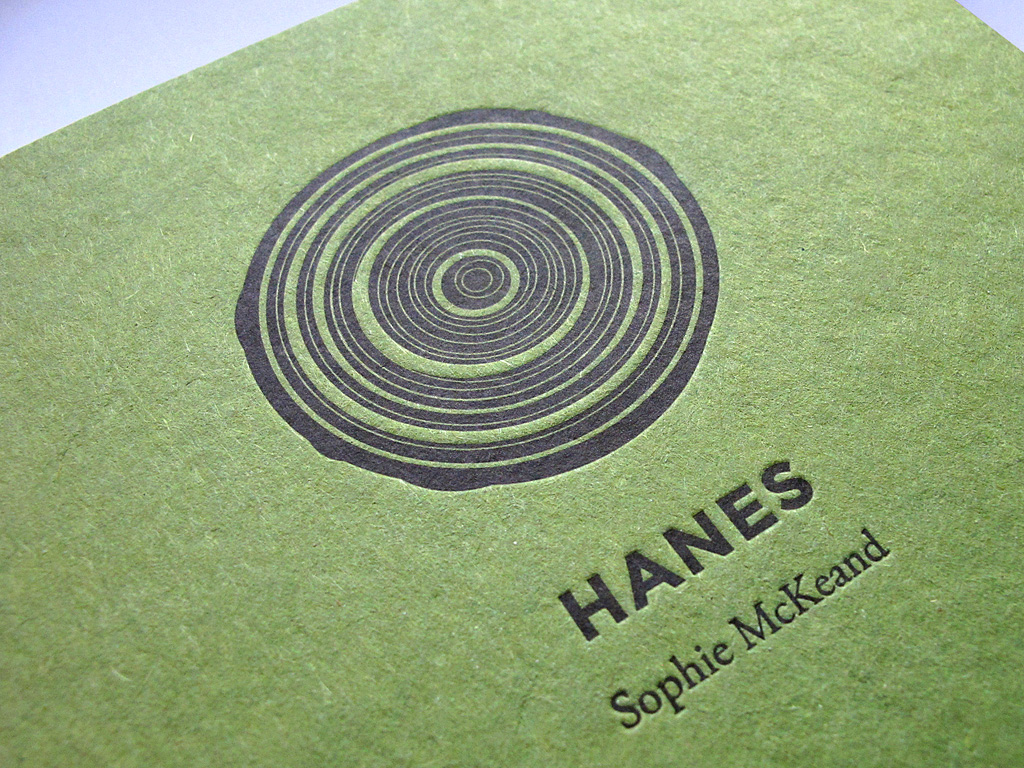
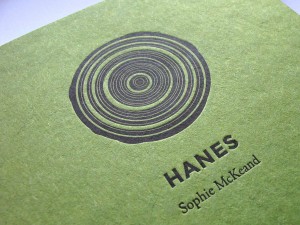
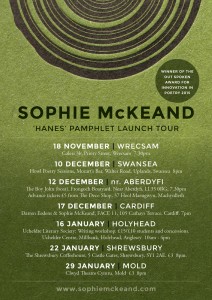

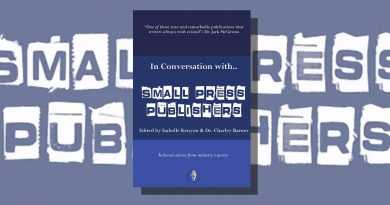

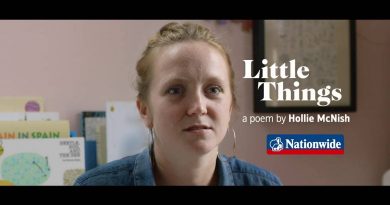
I am enjoying reading your short reviews Claire!
Thanks Jean! Only two more to go!